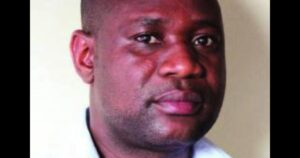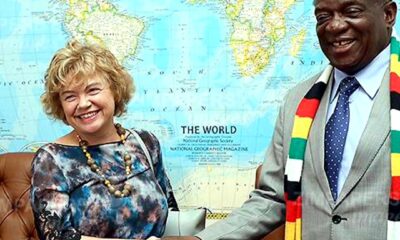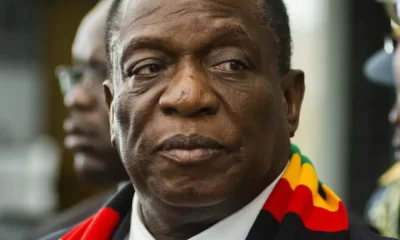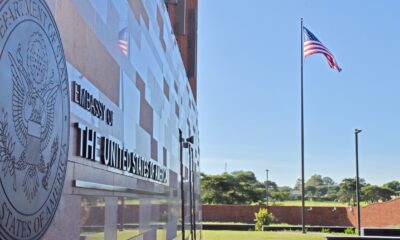
The NewsHawks Managing Editor Dumisani Muleya
DUMISANI MULEYA
AS Zimbabweans go through the third year after President Emmerson Mnangagwa shot his way to power via a military coup, what has now became evident is the army-engineered transition has not led to democratisation. Mnangagwa and his allies removed the late former president Robert Mugabe for their self-preservation and self-interest, not national interest as they claimed during the time.
The military said it wanted to remove some criminals around the president and those who were now exercising executive power without being elected—referring to the now subdued Zanu PF G40 faction members, mainly Grace Mugabe.
Mnangagwa and his faction also spoke about restoring the legacy of the liberation struggle as part of their narrative to justify the coup.
In the process, they crafted the narrative that they were bringing a new dispensation under “The Second Republic”.
Mnangagwa also came up with the mantra that “Zimbabwe is open for business”.
An impression was given to Zimbabweans and the world that Mnangagwa would steward the transition from dictatorship to democracy in a country traumatised by decades of Mugabe’s repressive, violent and disastrous rule. A huge wave of support and expectation for Mnangagwa accompanied his rise to power.
Zimbabweans marched in the streets under the cover of personal armoured carriers and soldiers to force Mugabe out and facilitate Mnangagwa’s ascendancy.
People from all walks of life—ordinary citizens, professionals, workers, the unemployed, civil society and the opposition—supported the coup. However, there was a section of society which was either quiet, sceptical or critical of the whole process— discerning that is. Some were neutral.
They questioned if the coup would lead to democracy and a new dawn for Zimbabwe. A number of recent studies argue that coups can help usher in democracy. There have been such cases, but empirical evidence suggests that usually they do not.
A recent study by American political scientists George Derpanopoulos, Erica Frantz, Barbara Geddes and Joseph Wright, titled Are Coups Good for Democracy?, examines this relationship empirically by looking at political regimes that follow coups in autocracies, as well as the level of repression.
They found that, though democracies are occasionally established in the wake of coups, more often new authoritarian regimes emerge, along with higher levels of state-sanctioned violence.
This is what has happened in Zimbabwe.
After the political and military elites seized power, they came up with a political project of self-preservation and continuity, not reform, that was rooted in brutality.
Though civilians may support coups, at their core coups are a technology that can only be used by the military, police and security forces.
The most basic goal of a coup is to bring about a change in leadership, but often coup-plotters also seek more substantial political transformation. They may announce their intention to hold democratic elections in the near future and even offer a timeline for the transition. However, they do not always fulfil such and other promises.
Recent research, however, suggests that the consequences of coups may have changed since the end of the Cold War. Not only have coups declined in frequency, but those that occur are increasingly followed by competitive elections.
From 1950 to 1989, 14% of successful coups against dictatorships led to democracy within two years, while 40% did so from 1990 to 2015. Yet several scholars have recently challenged the standard interpretation of military coups as anti-democratic.
Instead, they argue, a coup can help usher in democracy. But new research gives pause to such optimism.
To assess whether coups are associated with democratisation, the American scholars investigated what follows coups against dictators, excluding coups against democracies.
They show that coups are not systematically correlated with democratisation. On the contrary, the perpetrators of coups tend to oust dictators only to impose new ones. Further, they also show that many coups in dictatorships lead to escalations in human rights abuses.
Using a yearly repression measure, they show that coups that launch new dictatorships are followed by intensification in state-sponsored violence. With more fine-grained event data, they note that the year after a coup against dictatorship usually brings either an increase or no change in civilian deaths.
In short, the months that follow coups can be bloody, even if the coup itself was not; 1 August 2018 showed that.
Zimbabweans now know better; the 2017 coup was a fiasco, it removed a dictator and replaced him with his best student, ensuring renewal and continuity instead of reforms.






















